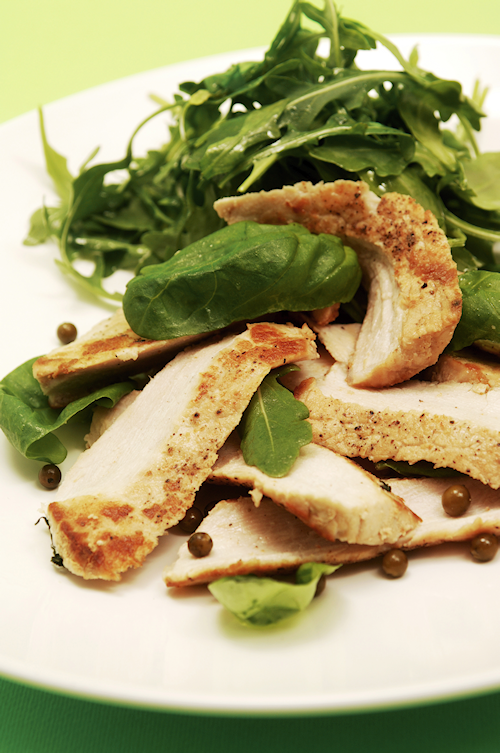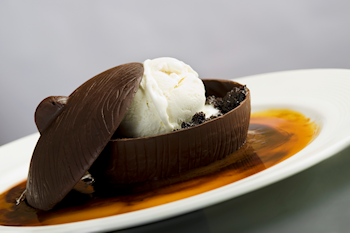The Palaeolithic diet, or the paleo diet as it is fondly called, is a modern fad diet requiring the sole or predominant consumption of foods presumed to have been the only foods either available or consumed by humans during the Paleolithic era.
The digestive system of the Neolithic men (The modern day man) is way different from the men in the Stone Age. The older men had certain immunities and vulnerabilities in different ways, and as such, had different diets. Wide variability exists in the way the paleo diet is interpreted Nevertheless, the diet typically includes vegetables, fruits, nuts, roots, and meat while excluding foods such as dairy products, grains, sugar, legumes, processed oils, salt, alcohol or coffee The diet is based on avoiding not just processed foods, but rather the foods that humans began eating after the Neolithic Revolution when humans transitioned from hunter-gatherer lifestyles to settled agriculture.
Paleo diet is promoted as a way of improving health. There is some evidence that following this diet may lead to improvements in terms of body composition and metabolic effects compared with the typical Western diet or compared with diets recommended by national nutritional guidelines. There is no good evidence the diet helps with weight loss, other than through the normal mechanisms of calorie restriction. Following the Paleo diet can lead to an inadequate calcium intake, and side effects can include weakness, diarrhea, and headaches.
The idea of a Paleolithic diet can be traced to a 1975 book by gastroenterologist Walter Voegtlin which in 1985 was further developed by Stanley Boyd Eaton and Melvin Konner, and popularized by Loren Cordain in his 2002 book The Paleo Diet .In 2012 the Paleolithic diet was described as being one of the "latest trends" in diets, based on the popularity of diet books about it in 2013 the diet was Google's most searched-for weight-loss method
As healthy as the paleo diet may seem, it also has its side effects. As mentioned earlier, the Palaeolithic men were more immune to diseases and viruses compared to the modern day man who falls sick at the slightest infection. This suggests the healthy side in their diets.
On the other hand, following the Paleo diet can lead to nutritional deficiencies such as those of vitamin D and calcium, which in turn could lead to compromised bone health. There is also a risk of toxins from high fish consumption.
Research into the weight loss effects of the Paleolithic diet has generally been of poor quality. One trial of obese postmenopausal women found improvements in weight and fat loss after 6 months, but the benefits had ceased by 24 months; side effects among participants included "weakness, diarrhea, and headaches". In general, any weight loss caused by the diet is merely the result of calorie restriction, rather than a special feature of the diet itself.
The Paleo diet, as healthy as it seems, may not really be a healthy choice for anyone, especially those who look to the paleo diet for weight losses. Fish is an important component in the paleo diet which is consumed excessively, which could lead to fat deposits in the body. The resistance of the early men could be put into consideration as most of them were built with immunity in them. Considering the paleo diet is worth having a second thought on.







